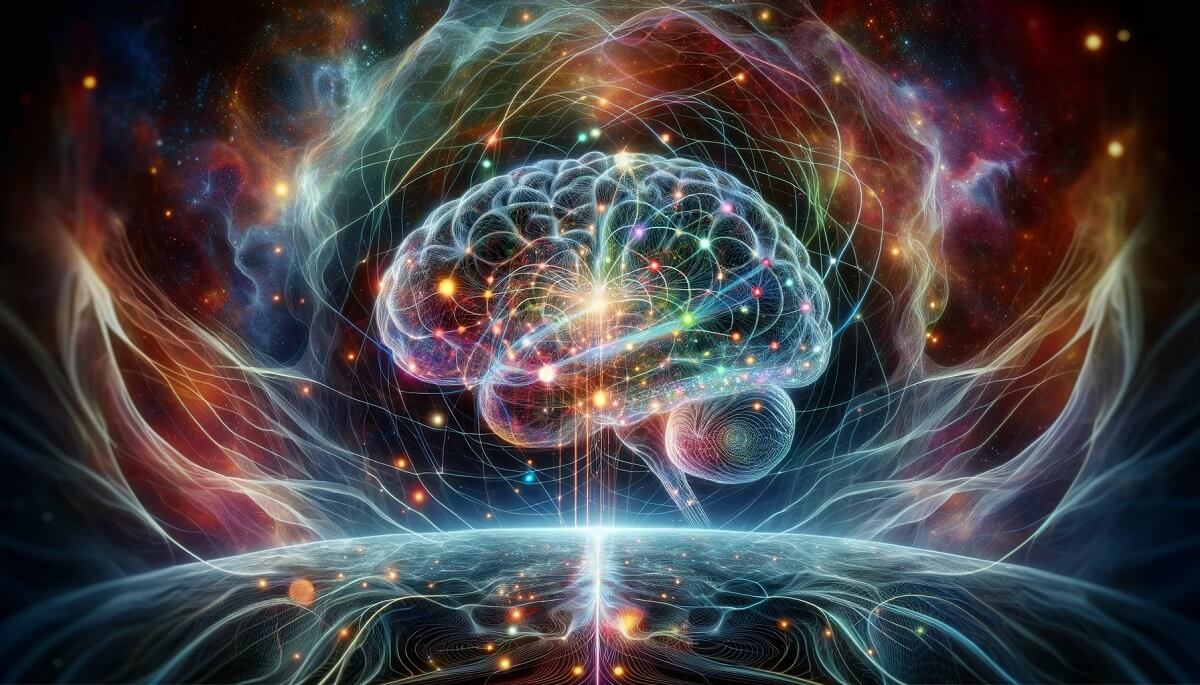
Can Quantum Physics Explain Consciousness?
The intersection of quantum physics and consciousness is one of the most intriguing and contentious areas of modern science. The potential for quantum mechanics to elucidate the mysteries of the human mind has sparked extensive debate, research, and speculation. This blog explores the foundational principles of quantum physics and consciousness, delves into prominent theories, examines supporting evidence and criticisms, and contemplates the future implications of this cutting-edge field.
Introduction to Quantum Physics and Consciousness
What is Quantum Physics?
Quantum physics, the study of the smallest particles in the universe, fundamentally alters our understanding of reality. It describes phenomena at the atomic and subatomic levels, where the classical laws of physics no longer apply. Key principles include:
- Superposition: Particles can exist in multiple states simultaneously until observed.
- Entanglement: Particles become linked, so the state of one instantaneously affects the state of another, regardless of distance.
- Wave-Particle Duality: Particles exhibit both wave-like and particle-like properties.
What is Consciousness?
Consciousness, the subjective experience of awareness and self, has long eluded precise definition. Traditional explanations fall into two categories:
- Materialist View: Consciousness arises from complex neuronal interactions within the brain.
- Dualist View: Consciousness is a non-physical entity separate from the brain.
Despite extensive research, a comprehensive understanding of how consciousness emerges remains elusive, leading scientists to explore novel theories, including those from quantum physics.
Quantum Theories Related to Consciousness
The Penrose-Hameroff Orch-OR Theory
One of the most discussed quantum theories of consciousness is the Orch-OR (Orchestrated Objective Reduction) theory proposed by physicist Roger Penrose and anesthesiologist Stuart Hameroff. This theory posits that:
- Microtubules: Tiny structures within neurons, play a critical role in quantum processes.
- Quantum Computation: Consciousness arises from quantum computations within these microtubules.
- Objective Reduction: The collapse of quantum states in the brain results in conscious experience.
Quantum Entanglement and Brain Function
Quantum entanglement suggests a non-local connection between particles, which some theorists believe could explain aspects of consciousness:
- Coherence: The brain may maintain quantum coherence in specific regions, facilitating unified conscious experience.
- Information Processing: Entangled states could enable instantaneous information transfer across different brain areas.
Microtubules and Quantum Properties
Microtubules, the structural components of neurons, may possess quantum properties that contribute to consciousness:
- Tubulin Proteins: The building blocks of microtubules, might support quantum states.
- Quantum Vibrations: Hypothesized to occur within microtubules, influencing neuronal activity and potentially contributing to consciousness.
Scientific Evidence and Criticisms
Supporting Evidence
Several lines of research provide tentative support for quantum theories of consciousness:
- Anesthetic Action: Studies suggest that anesthetics, which suppress consciousness, may target microtubules, implying their role in conscious experience.
- Quantum Coherence in Brain Function: Experimental evidence of quantum coherence in biological systems, like photosynthesis, suggests similar processes could occur in the brain.
- Microtubule Dynamics: Research indicates that microtubules exhibit complex behavior that might support quantum processes.
Criticisms and Counterarguments
The quantum theory of consciousness faces significant criticisms from the scientific community:
- Decoherence: Critics argue that the warm, wet environment of the brain prevents sustained quantum coherence.
- Lack of Direct Evidence: Despite intriguing hypotheses, direct empirical evidence linking quantum processes to consciousness is sparse.
- Alternative Explanations: Classical neuroscience offers robust explanations for many aspects of consciousness without invoking quantum mechanics.
Comparative Analysis with Classical Neuroscience
Classical neuroscience attributes consciousness to the complex interactions between neurons and neural networks:
- Synaptic Connectivity: Consciousness arises from the dynamic patterns of synaptic activity.
- Neurotransmitter Systems: Chemical signals play a crucial role in modulating conscious experience.
- Emergent Properties: Consciousness is viewed as an emergent property of neural complexity, rather than requiring quantum explanations.
Implications and Future Research
Potential Implications of Quantum Explanations
If quantum theories of consciousness are validated, they could revolutionize our understanding of the mind:
- Unified Theory of Mind and Matter: Quantum mechanics could bridge the gap between physical and mental phenomena.
- Advanced Technologies: Insights into quantum consciousness might lead to breakthroughs in artificial intelligence and quantum computing.
- Philosophical Implications: Quantum theories could reshape philosophical debates on free will, identity, and the nature of reality.
Future Directions for Research
The future of quantum consciousness research lies in interdisciplinary collaboration and innovative methodologies:
- Experimental Verification: Rigorous experiments are needed to test quantum coherence and entanglement in the brain.
- Technological Advancements: Improved imaging and computational tools will enhance our ability to explore quantum processes in biological systems.
- Theoretical Refinement: Ongoing refinement of quantum theories will help clarify their implications and address criticisms.
Conclusion
The quest to understand consciousness through the lens of quantum physics is a fascinating and challenging endeavor. While current evidence is intriguing, it remains inconclusive, and significant hurdles must be overcome. The debate between quantum and classical explanations continues to inspire new research, fostering a deeper exploration of the mysteries of the mind.
As we move forward, the integration of quantum mechanics with neuroscience and biology holds promise for unveiling the secrets of consciousness. Whether or not quantum physics can fully explain consciousness, the journey itself enriches our understanding of the universe and our place within it.
The exploration of quantum physics and consciousness exemplifies the spirit of scientific inquiry, pushing the boundaries of knowledge and challenging us to rethink our assumptions. By remaining open to new ideas and rigorously testing them, we inch closer to unraveling the profound enigma of consciousness.
Science Physics and Astronomy

